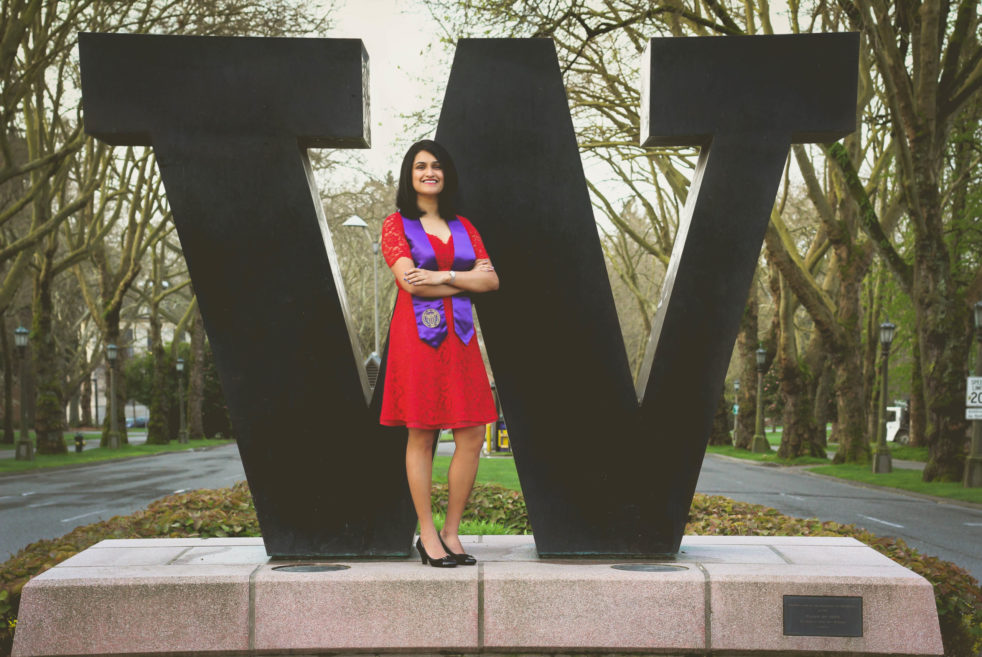If anyone had a blueprint for what exactly any dental school was looking for, you wouldn’t be reading posts like this on the internet, would you? The answer to this question is complex. While I do not know the ‘real answer’, I can share an idea of what schools expect, based on the students I see getting accepted into programs every year.
Please note, this post is specific for internationally trained dentists getting into an Advanced Standing program in the US.
Commitment

Having been enrolled into an academic program like MPH, Phd. or a clinical program such as a Preceptorship, tends to show that getting into dental school is a big focus point for you. If you show that you have roots in the same city as the dental school, that usually demonstrates intent of staying back in the area after graduation and serving the local community. Another plus point. If you’re a second or even third time applicant (like myself), it shows perseverance and grit. I used to think being a re-applicant was a bad thing; I later realized it was my strongest point and showed I was willing to try again and again.
Why YOU?
What have you accomplished in your life that shows you could become a successful alumnus once you graduate? Using your past leadership experiences as examples to share your vision for the future, is a must.
Unfortunately, 99% of all SOPs read exactly the same. They all start with an ‘amazing’ dental experience or a ‘heart-warming’ moment with a patient.
The rest of the SOP will read as a resume and quickly, get tossed aside. Make your Statement of Purpose a story that people cannot forget. Readers should be compelled to interview you and get to know you better.
Leadership
Have you gone out of your way to organize a dental clinic in underserved areas? Community service experience, dental mission trips and leadership in organized dentistry, looks great on a resume. Students who have been leaders in their previous dental school tend to have good communication and inter-personal skills, and in general, make good doctors!
Preparation
There is being behaviorally prepared, and then there’s clinical preparation for dental school 2.0. Most of us get clinically prepared by going through a reputed bench test preparatory course. Getting prepared behaviorally takes more time. Learning how to communicate with others, presenting yourself well in a professional setting, and building friendships with colleagues at interviews are all important pieces of the puzzle.
Candidates that are friendly, appear confident and relaxed during the interview and exhibit positive body language, are ideal candidates that any school would want. Believe it or not, all of this can be ascertained in an interview! Someone who is found cramming notes last minute, asking far too many questions, or hasn’t gotten a single word out during social sessions with other candidates, are generally looked at poorly.
I have gone into great detail in my book, Persevering, which is out on Amazon now. Buy the e-book or the hard copy and learn other strategies that’ll make you an ideal candidate for dental school. To read more such posts, keep coming back!
